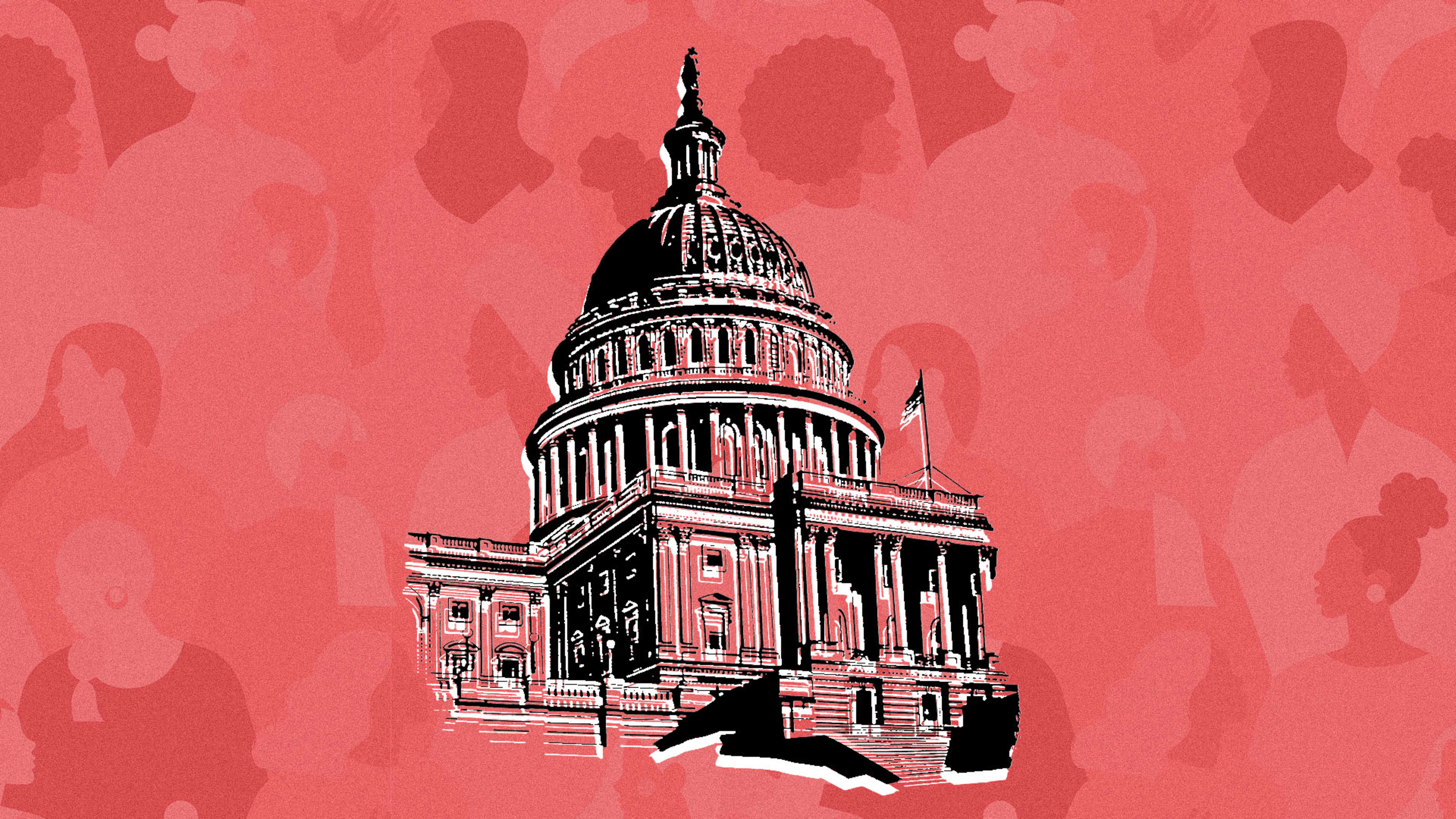A #MeToo-era bill that amounts to one of America’s biggest workplace reforms in decades is headed to President Joe Biden’s desk, after easily passing both chambers of Congress this week.
Called the Ending Forced Arbitration of Sexual Assault and Sexual Harassment Act, it bans the use of a controversial closed-door legal process known as forced or mandatory arbitration to resolve sexual-misconduct cases in the workplace. Victims nationwide now have the right to pursue their dispute in a regular court.
The bill was introduced back in 2017, when #MeToo’s rise put the ubiquity of these employment contract clauses under a spotlight, by a U.S. Senate odd couple: Democrat Kirsten Gillibrand of New York and Republican Lindsey Graham of South Carolina.
Forced arbitration has its share of critics. In recent decades, it’s slowly found its way into the fine print of more and more employment contracts. While it goes unnoticed by many employees when they take a new job, in the context of sexual misconduct, it has a history of shielding workplace abusers from the full legal consequences of their actions. Claims are considered privately, nondisclosure is typically required, and the process generally provides no ability for an appeal. Critics say the effect is that perpetrators get off easy, companies feel no external pressure to address problems in the workplace, and victims can be unfairly denied their day in court.
Once Biden signs the bill into law as expected, Gillibrand says it will mark “one of the most significant workplace reforms in American history.” She attributes its passage yesterday—more than four years after she and Graham introduced it—to the fact that her party has unified control in Washington.
Still, support for the bill was more bipartisan than nearly anything in recent memory. The Senate passed it on Thursday via voice vote, meaning “the world’s greatest deliberative body” leapfrogged the long process of making each member cast an individual vote. Meanwhile, the bill sailed through the House 335-to-97 on Monday.
The bipartisan support encourages forced arbitration’s top critics: Elizabeth Warren, who’s been on a mission to end mandatory arbitration longer than she’s been a senator, told Politico Thursday that she sees this as just the start. “We’re getting action right now because it’s focused on sexual assault,” she says, “but make no mistake: Mandatory arbitration is a way for giant corporations to squeeze consumers and make sure that they don’t have access to the courts, to exercise their legal rights.”
Recognize your brand’s excellence by applying to this year’s Brands That Matter Awards before the early-rate deadline, May 3.
